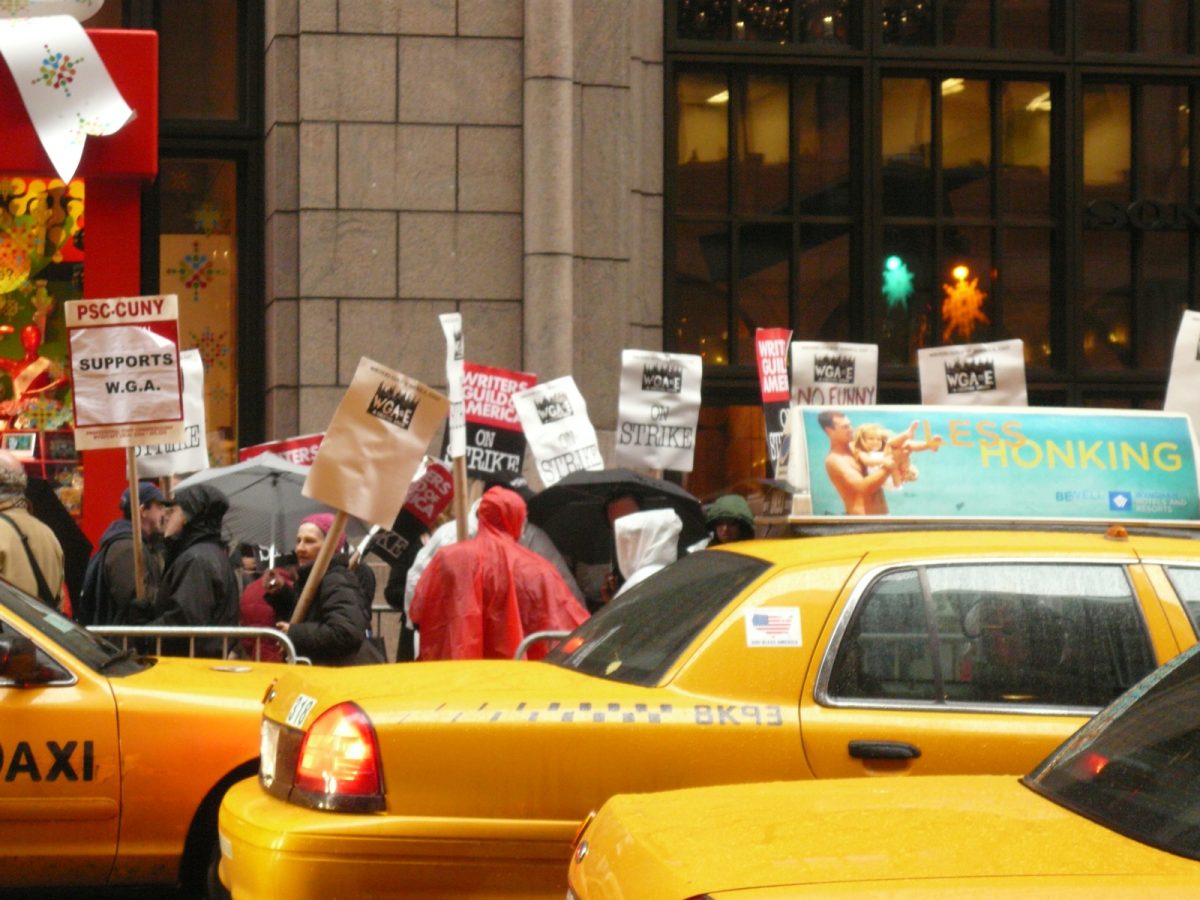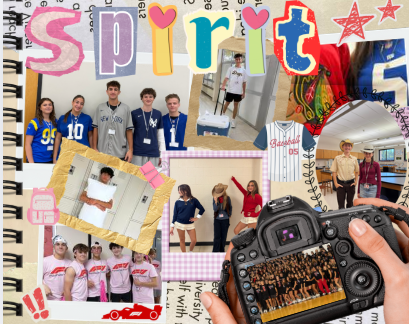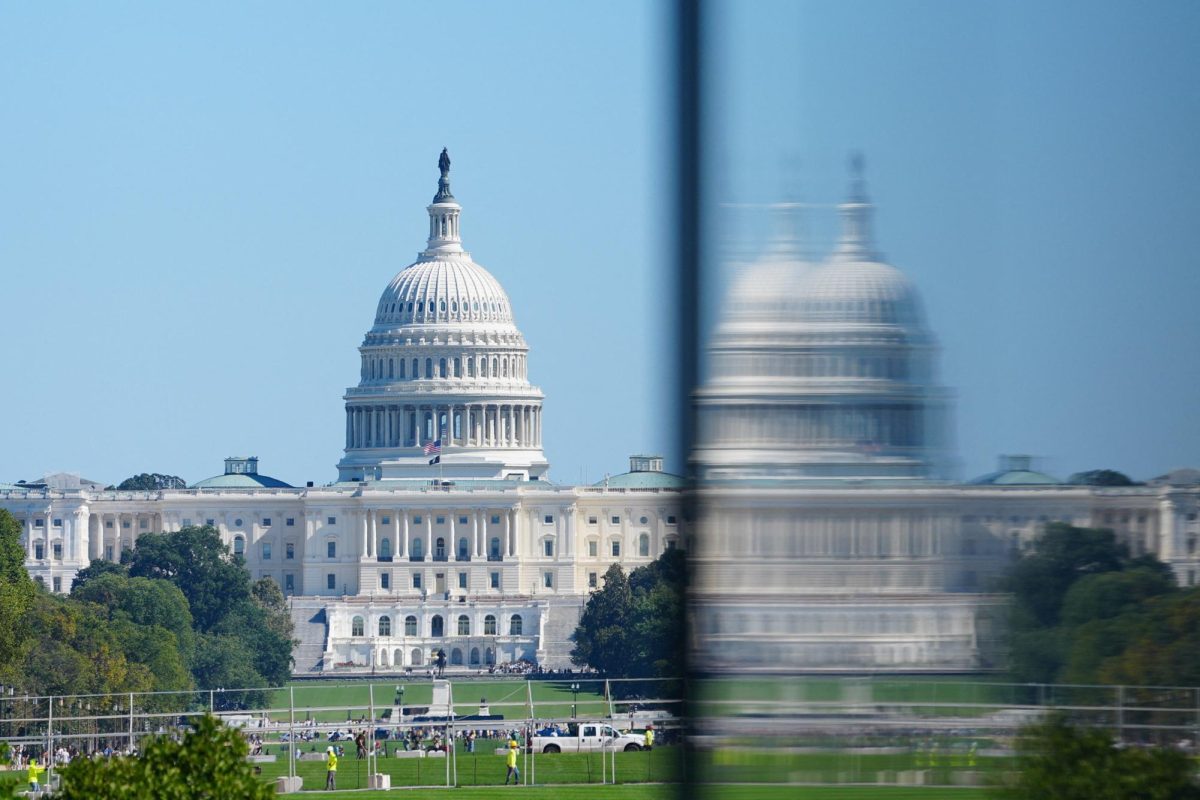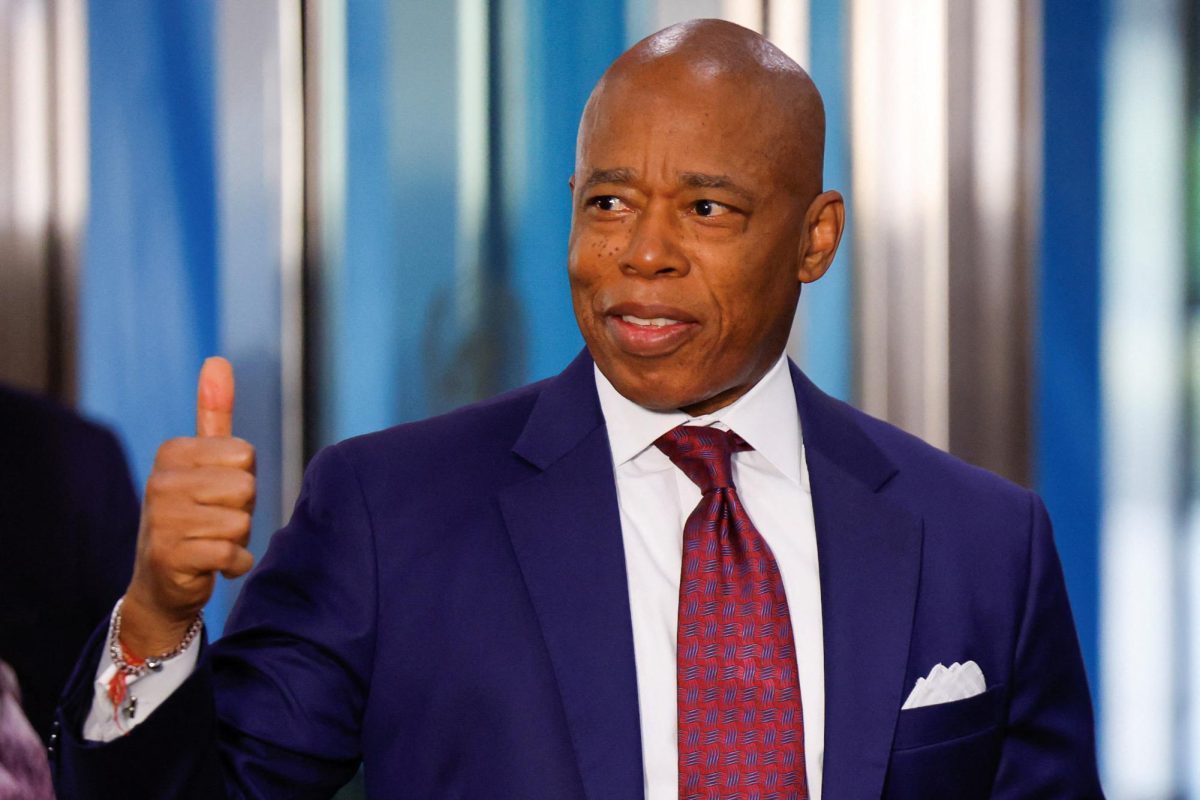The Writers Guild of America struck a deal with studios on Sept. 27, ending their 148-day strike and achieving large gains for increased pay, minimum writer staff in writing rooms, protection from AI, royalties and more. But at the same time, automobile workers gear up for labor dispute with
Automobile workers have taken action with the United Auto Workers (UAW) strike. Starting on Sept. 15, automobile workers feel that their income is not feasible with increased living costs and new technology that influences car making. Strikes have started against Stallantis, Ford, and General Motors. Over 7,000 staff members of Ford and General Motors companies are on strike in a desire for better profits.
In Hollywood, work had slowed down since the beginning of the strike. Workers started to make picket lines and stall production in hopes of forcing change.
After nearly five months, WGA workers will resume work after winning , knowing their fight for increased wages, better residual payouts and limits to Artificial Intelligence has been solved. Although the real deal will not be finalized until later this week, the writers are going in the right direction.
Because more advanced AI is being created, many writers fear that it may take over their jobs. This ongoing trend of using AI over humans has worried members involved in this business.
“The rapid rise of ChatGPT and other examples of generative AI technology has taken center stage for writers who believe such “efficiencies” threaten screenwriter employment,” a Los Angeles Times article said on Sept. 26.
The new WGA contract provides flexibility in how AI can be an assistant and benefits workers. Instead of being replaced by AI, WGA members will be able to use AI as a tool to improve their writing.
“We feel great. We won,” WGA West President Meridith Stiehm said in an interview with the Los Angeles Times on Sept. 26.
Now, WGA’s workers will have a 5 percent pay increase, which will continually increase in the following years. This new innovation will help writers move forward into a better career path, where their work is more valued, making them more productive.
17,000 UAW members have decided to put down their tools. The workers are going up against the top three automobile companies, and are hoping for a 46 percent pay increase and a four-day work week with no more than 32 hours.
As the strike continues, workers will remain frustrated until they get their way. This strike may take a lot of time, arguably even longer than the writer’s strike.
“Ford and G.M. have refused to make meaningful progress at the bargaining table,” President Mr. Fain said in a live-streamed video reported by the New York Times.
If the automobile workers continue this strike, there is a possibility that the price of vehicles will be raised to accommodate the workers.
Many who feel undervalued have started demanding better conditions and pay. Changes have slowly been made in America to make working environments places where people would want to work. The climb to helping workers feel appreciated will continue to occur for the automobile industry whereas the screenwriters of Hollywood have been mostly satisfied.
Photo credit: “Writer’s strike” by Paul Hudson is licensed under (CC BY 2.0 DEED)









